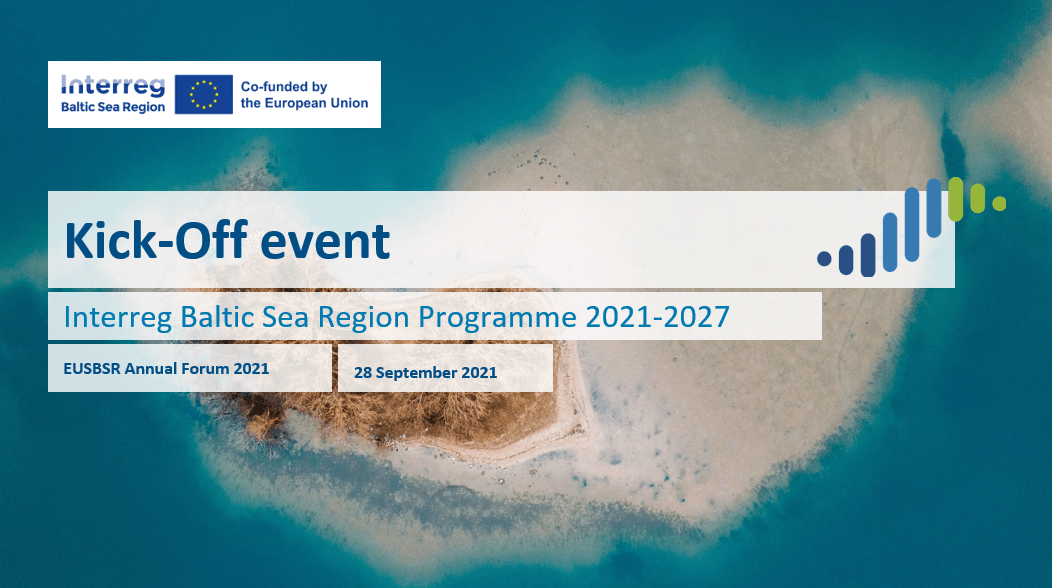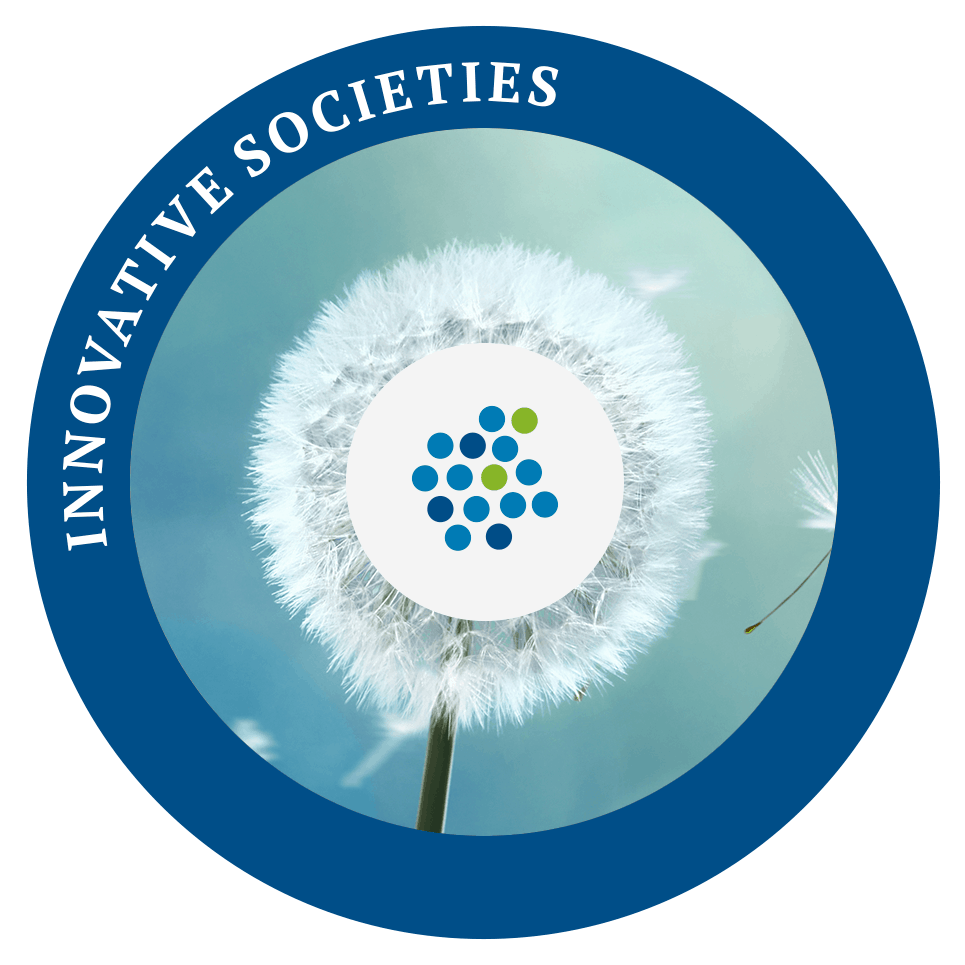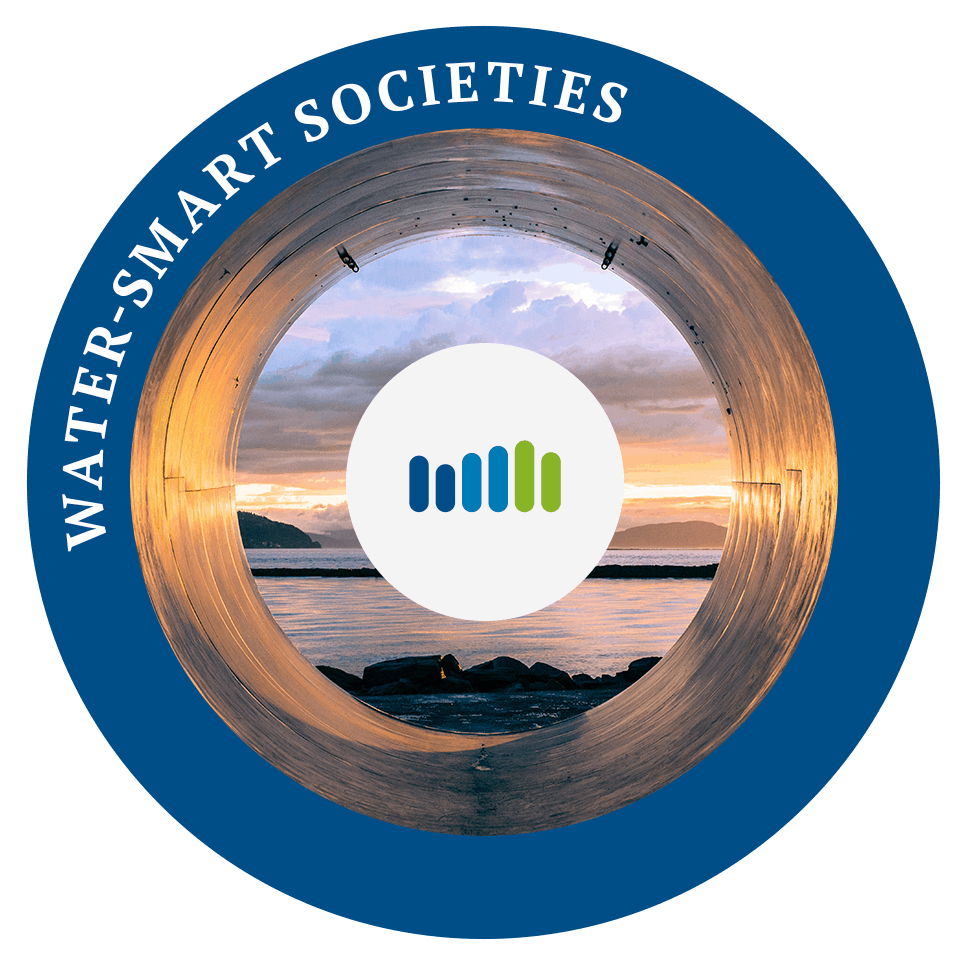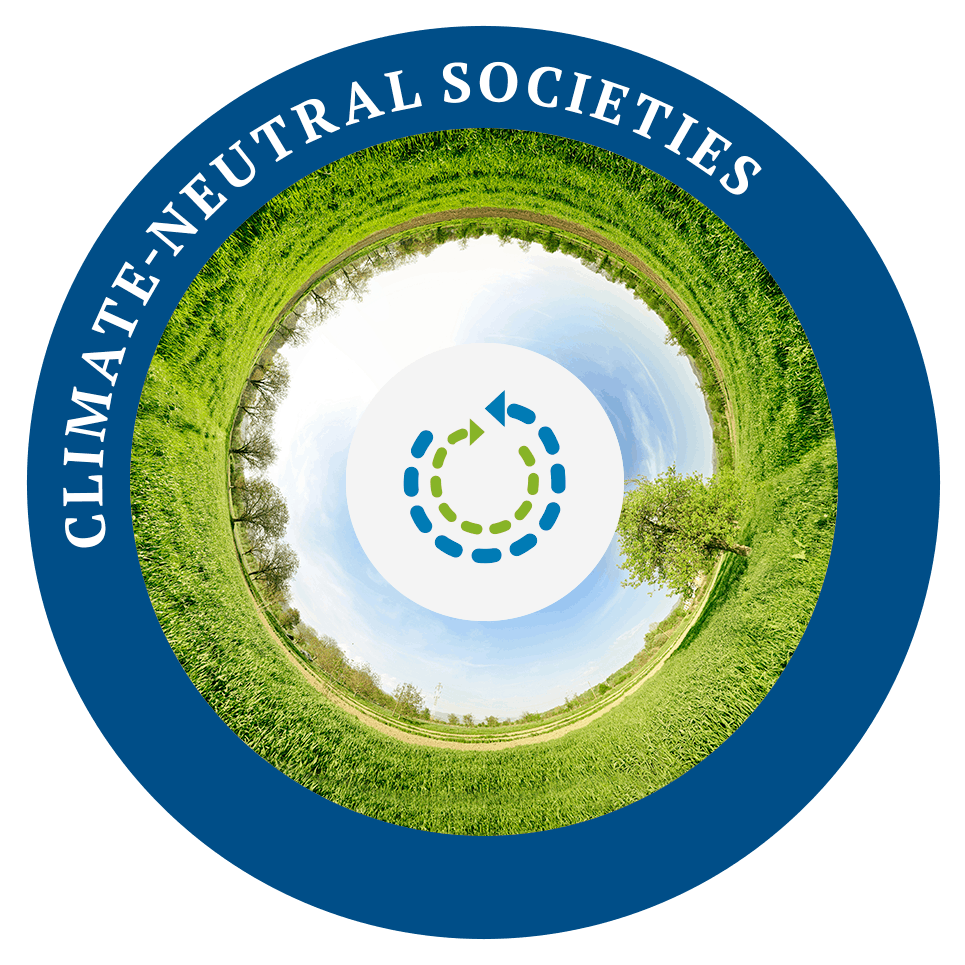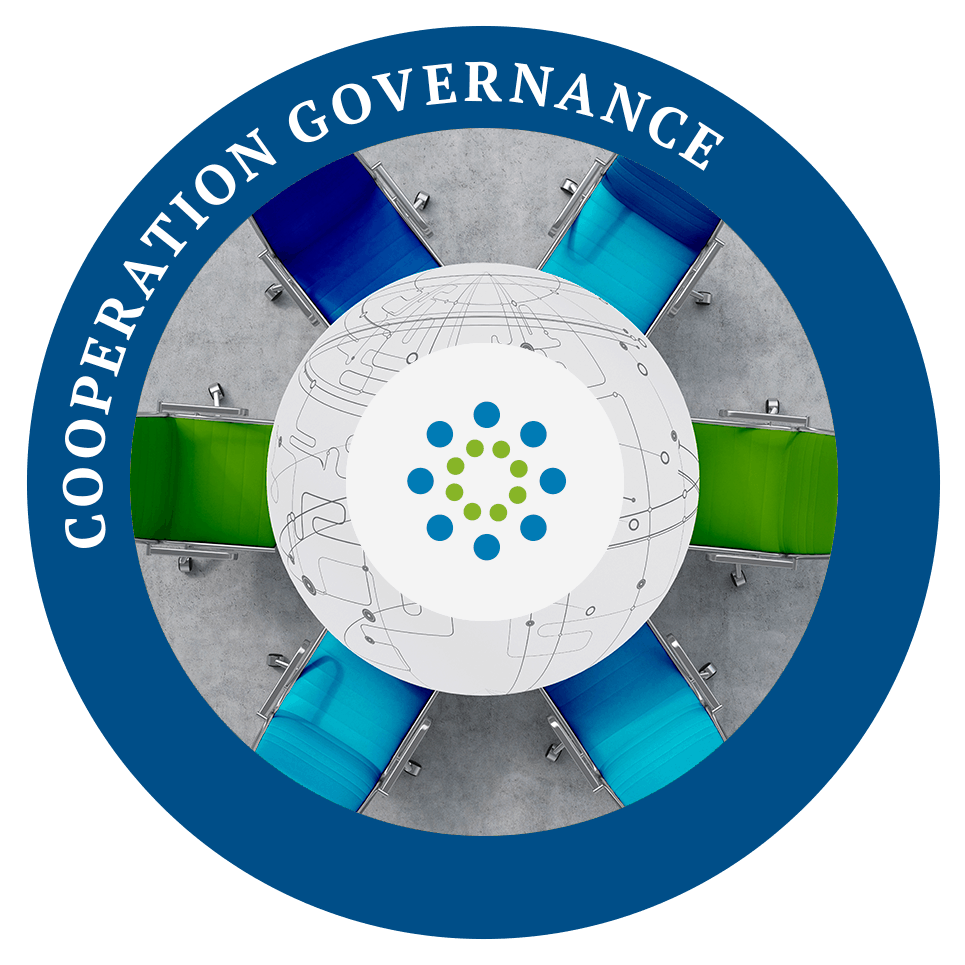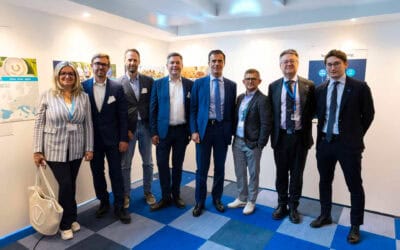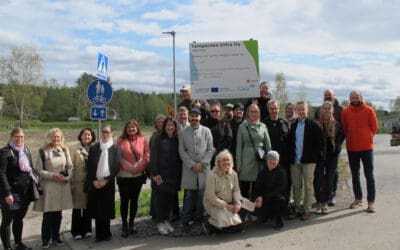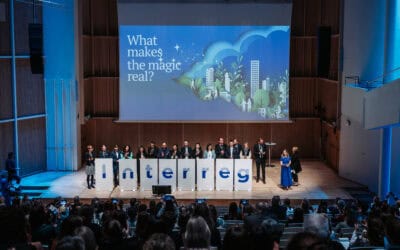With high expectations to bring smart project ideas into practice for the benefit of citizens, the new Interreg Baltic Sea Region Programme 2021-2027 has officially kicked off!
Setting grounds for the new Programme
The Kick-off event of the Interreg Baltic Sea Region Programme 2021-2027 took place on 28 September 2021. In a virtual framework of the 12th Annual Forum of the EU Strategy for the Baltic Sea Region (EUSBSR), it brought inspiration for applicants for the years to come.
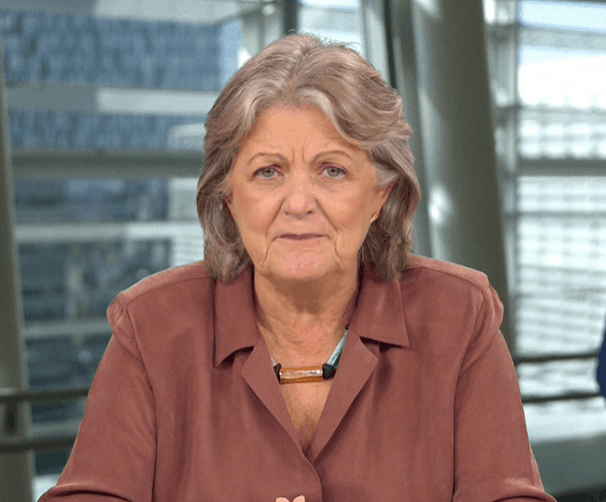
“I challenge you to be the pioneers in innovation, in creating resilient economies and communities. The Baltic vision can lead the way!” urged Elisa Ferreira, European Commissioner for Cohesion and Reforms in her welcome address. “And I challenge you to be the example of partnerships, not only across borders but also from national to the very local level,” she encouraged, and referred to continuing work in the spirit of cooperation and openness.
Elisa Ferreira,
European Commissioner for Cohesion and Reforms
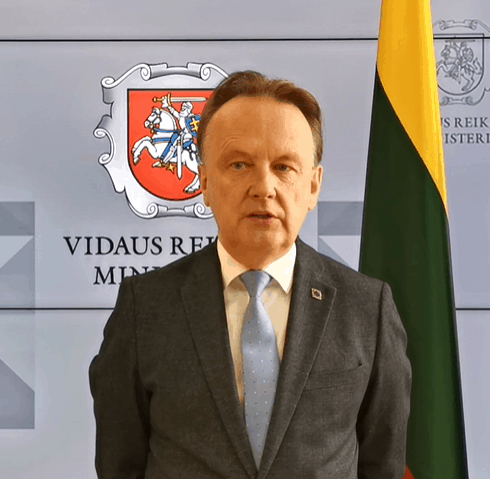
“I am confident that the Programme will reach its main aim and will create an environment for public and private partners to work together across the borders on their smart ideas,” continued Arnoldas Abramavičius, Vice-Minister of the Interior of Lithuania, the country which holds this year’s chairmanship at the Joint Programming Committee. Composed by representatives of eleven countries from the Baltic Sea region, the Committee has been shaping the new Programme according to the needs of region for the past two years.
Arnoldas Abramavičius,
Vice-Minister of the Interior of Lithuania
Virtual kick-off for tangible future project results
More than 500 participants from the whole region and beyond attended the Kick-off event to discover the thematic objectives for funding. Hosted by the Director of the Managing Authority/Joint Secretariat Ronald Lieske, the participants met the Programme experts: Marta Ślężak-Warszycka, Elena Kolosova, Sebastian Hentsch and József Attila Darabos. In short presentations, they explained the thematic foundations of the new Programme that shape innovative, water-smart and climate neutral societies across the region. The new Programme will create a good environment for cooperation to respond to demands from citizens and businesses in the region. It will also help public authorities in their mission to serve citizens and trigger knowledge exchange.
Among other things, the participants learned that within the scope of new objectives the Programme:
- supports building fair, innovative and resilient economies and communities across the Baltic Sea region in the Programme objective Resilient economies and communities
- experiments with new ways of delivering public services using innovative, data-driven and participatory methods to improve the lives of citizens in the Programme objective Responsive public services
- helps implement water-smart solutions to improve the quality of water and make its management more sustainable in the Programme objective Sustainable waters
- supports blue economy that enables innovative businesses to use fresh and sea water and marine resources more efficiently while supporting a healthy marine environment in the Programme objective Blue economy
- support making the shift from linear to circular use of resources and keeping materials in use in the Programme objective Circular economy
- supports the energy transition and help develop solutions to move towards the decarbonisation of energy systems in the Programme objective Energy transition
- supports green and smart mobility solutions that make movement of people and goods smooth, save resources and reduce pollution in the Programme objective Smart green mobility
Views from the Member States
In addition, Eeva Rantama, the Team Leader Programme Unit, invited six members of the Joint Programming Committee to voice their expectations towards the new Programme and future projects.
Iruma Kravale, member of the Joint Programming Committee for Latvia
“With new innovative approaches, we should try to restore our daily life but become better prepared to respond for challenges. I am also sure that the Programme will also give a platform to invent new digitalized public services tailored to the users’ needs.”
Jens Kurnol, member of the Joint Programming Committee for Germany
“We invite all potential applicants to take a broader cross-sectoral look at the challenges they want to address and consider the effects on a place where they live and work, too. We are looking for visible results beyond pure concepts and papers.”
Margarita Golovko, member of the Joint Programming Committee for Estonia
“The new projects should involve trans-political and trans-sectoral approach, not to mention transnational character which is taken for granted. It also important that the projects are visible to our citizens.”
Ann-Irene Saeternes, member of the Joint Programming Committee for Norway
“I hope the new Programme will involve more new actors from the ground: the user perspective, which brings it a little bit further.”
Matti Lipsanen, member of the Joint Programming Committee for Finland
“We are happy that the programme is very focused this time, there are clear priorities, and it is concentrating on the topics where cooperation and partnership around the Baltic Sea region is crucial when we tackle the existing challenges.”
Teresa Marcinów, member of the Joint Programming Committee for Poland
“I take it as a token of the Programme re-focusing towards people, towards societies, to have them uptake new solutions, and to understand their different needs and concerns.”
Fresh funding for fresh project ideas
In the next seven years, Interreg Baltic Sea Region will offer more than 250 million euros of EU funding to those with smart ideas how to shape the region. “Each funded project will bring new solutions to make our societies more innovative and to widely apply water-smart and climate-neutral practices. Our projects will work across borders, and their results will also cross borders for the benefit of citizens,” explained Ronald Lieske. In order to facilitate the application process, Anna Gałyga from the Managing Authority/Joint Secretariat presented an array of support tools for project idea generation and development offered for potential applicants:
- Matchmaking platform to facilitate partner search and developing project ideas
- Online video tutorials which provide additional explanation to the Programme objectives
- Online webinars (sign up for the newsletter to receive information in due time)
- Consultations (sign up for the newsletter to receive information in due time)



